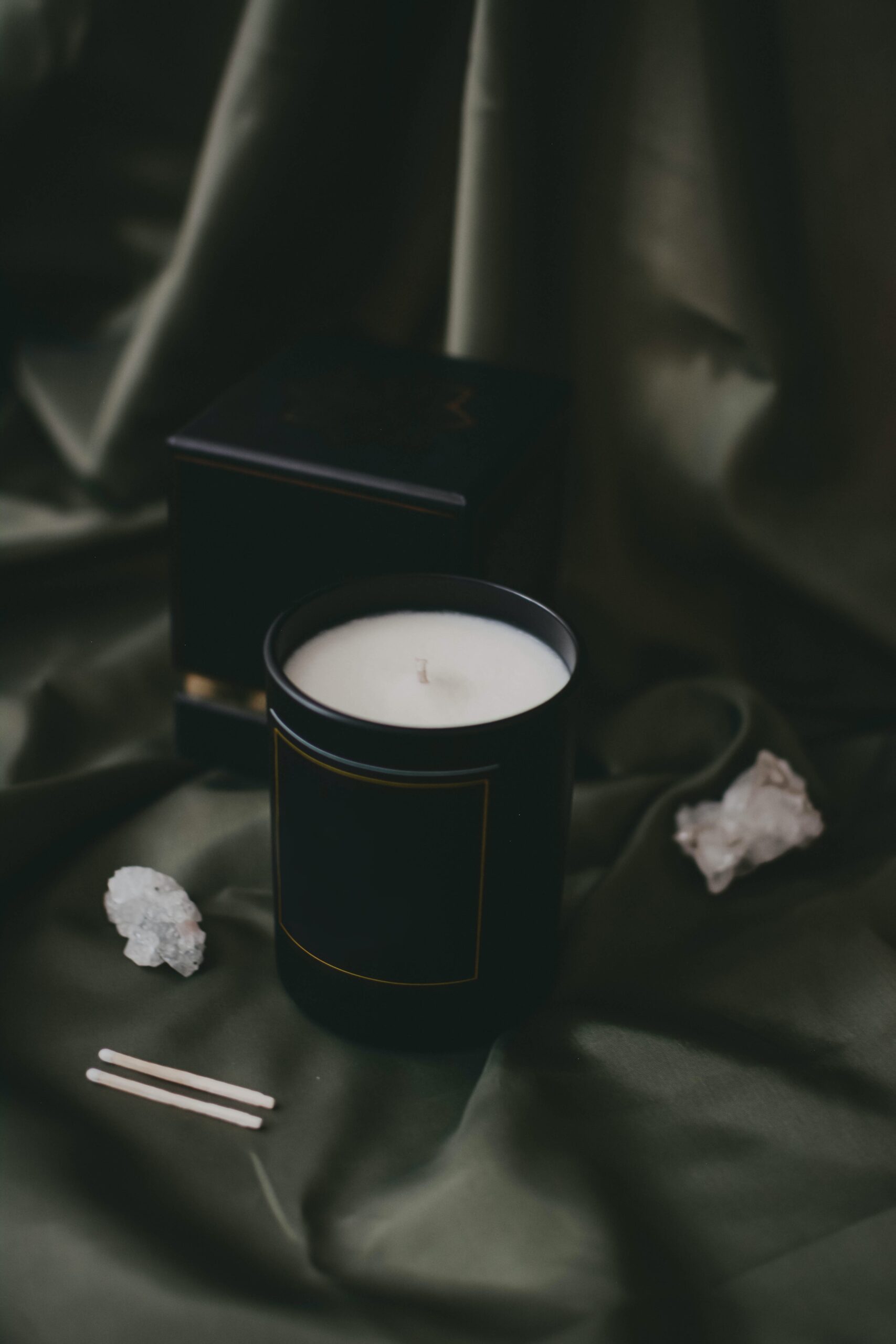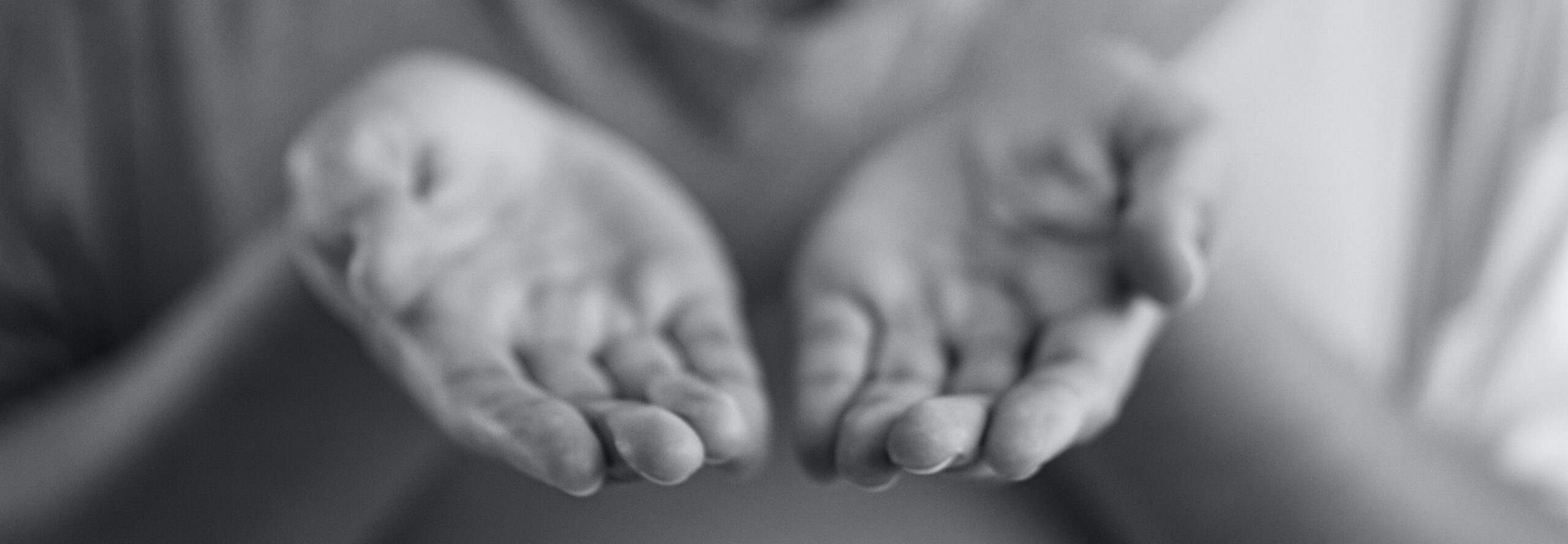By last January, my husband had finally achieved what we achieved the balanced, travel-friendly, WFH lifestyle we had been working towards for four years. Americans who met in Southeast Asia in 2015 as ex-pats, we had achieved our dream of owning a home in the US, intending to spend several months every year in an idyllic locale like Guanacaste, Costa Rico. Life was flowing along nicely.
Then coronavirus hit.
Fear of potentially becoming infected with a novel virus was unsettling at first. When the lockdown came, our lives were not drastically affected, thankfully. We were already working from home and thankfully stable. Sure, cafes and restaurants became relatively inaccessible but we could live without those. Lofty plans to travel and visit with loved ones fell silent.
Our carefree way of life slipped away, replaced by confinement, waiting, and unknowns. Underneath it all, our life was solid.
Soon after news of our state’s lockdown, I found myself slugging around the house, instead of feeling motivated to work, drawn like a magnet to my couch. My limbs hung heavy with the weight of the world. Thinking straight was impossible, so I rested. Everything in my life was seemingly unshakable, so why did I feel so rocked by the pandemic?
The events surrounding the lockdown clearly affected my mind and body; brain fog, exhaustion, lack of motivation, anxiety, disembodiment, frozen. I knew enough to know I was suffering from trauma. But how was that possible? Was I suffering from some sort of distant, bystander effect? Was it my exposure to the news and if so, why had this never happened before?
Deep breath. No wonder I felt so heavy; I was feeling the collective weight of the pandemic.
The pandemic was no different than other events that occurred this year in the way they left an indelible imprint on the psyches of people across the planet. The George Floyd murder and riots, evictions, presidential election conspiracies, Qanon fractures within society, the Capitol takeover; how many more events can we endure?
Digging through research, it was evident that my experience, and these other events, fell into the category of collective trauma; “psychological reactions to a cataclysmic event that shatters the basic fabric of society.” I learned that this phenomenon affects everyone in society alive during the event, not only those who had the first-hand experience. In other words, at this moment, everyone on the planet is suffering from collective trauma on some level, regardless of their proximity to the illness.
If I was struggling, everyone, I knew must be having a difficult time to a degree. The same went for every stranger on the planet. If they were currently unaware, at some point the collective trauma may affect them, and I was in a position to help. First, I needed to get unstuck.
1. Guided Meditation and Visualizations
Turning to experts for answers, I encountered Thomas Hübl, an author and international facilitator who has been working in the area of collective trauma since 2004. He explains that every human is born into a fragmented world filled with unhealed, undigested wounds, filled with trauma. One of the core methods Hübl uses to heal is meditation because, as he puts it, “we carry the remedy inside of us.”
Meditation, a part of my life for decades, was simple to readopt. I decided to incorporate visualizations into the practices by using Yoga Nidra to help reset my nervous system and release anxiety.
2. Affirmations
An affirmation practice has the potential to alter your mindset on a core level. Studies show that affirmations reroute neural patterns in the brains of people who utilize them properly. So what are the keys to implementing affirmations?
- Use present-tense statements that you believe now. For example, “I am up to the challenge of healing,” rather than, “I am healed.” The former is something that your subconscious is willing to believe.
- Embody the affirmation; feel it throughout your body and radiating out of your heart as you speak it aloud.
- Create positive affirmations that are focused on solutions, such as, “I am ready to heal my body,” rather than, “I am done with trauma.” The former will confuse your subconscious and may perpetuate the situation further, whereas the latter promotes change.
3. Movement
Feeling numb, frozen, and foggy are all common symptoms of trauma, so movement became a priority in my life. Dancing, pilates, cardio kickboxing, and long walks became integral in my recovery from collective trauma. In addition to longer practices, I took smaller, five-minute movement snacks throughout the day; unfreezing stuck energy helped more than any of the steps I took to heal.
Soon enough, the momentary symptoms faded into the background and I was healthier and happier than ever. The lockdown and months following have provided me space and time for inward reflection and self-transformation for which I am beyond grateful.
4. Empathy and compassion
You know that saying, Be kind to others, you don’t know their story. They might be going through something truly horrible? Well, in the context of collective trauma, there is room for empathy and compassion to replace judgment and hatred.
Consider the case of anti-maskers: within the context of collective trauma. The fact is, we are living through a costly, deadly, devastating pandemic that is wiping out hundreds of thousands of humans on our planet and laying waste to millions of others (as they are ending up debilitated for life). What if the collective trauma was getting the better of them and they simply don’t have the coping skills they need to manage? Living in denial is easier for those who do not have the emotional fortitude to face this terrifying truth.
I have tremendous empathy for anti-maskers, Qanon cultists, and anyone who has fallen prey to conspiracies. This does not mean I excuse these thought patterns or inappropriate behaviors but as a healer, I recognize that many of these people are in a trauma response and responding accordingly.
Collective trauma is the second pandemic, I propose, and it’s neverending. May we use this to transform, awaken, and evolve into deeply compassionate, authentic, healing humans.



Comments +